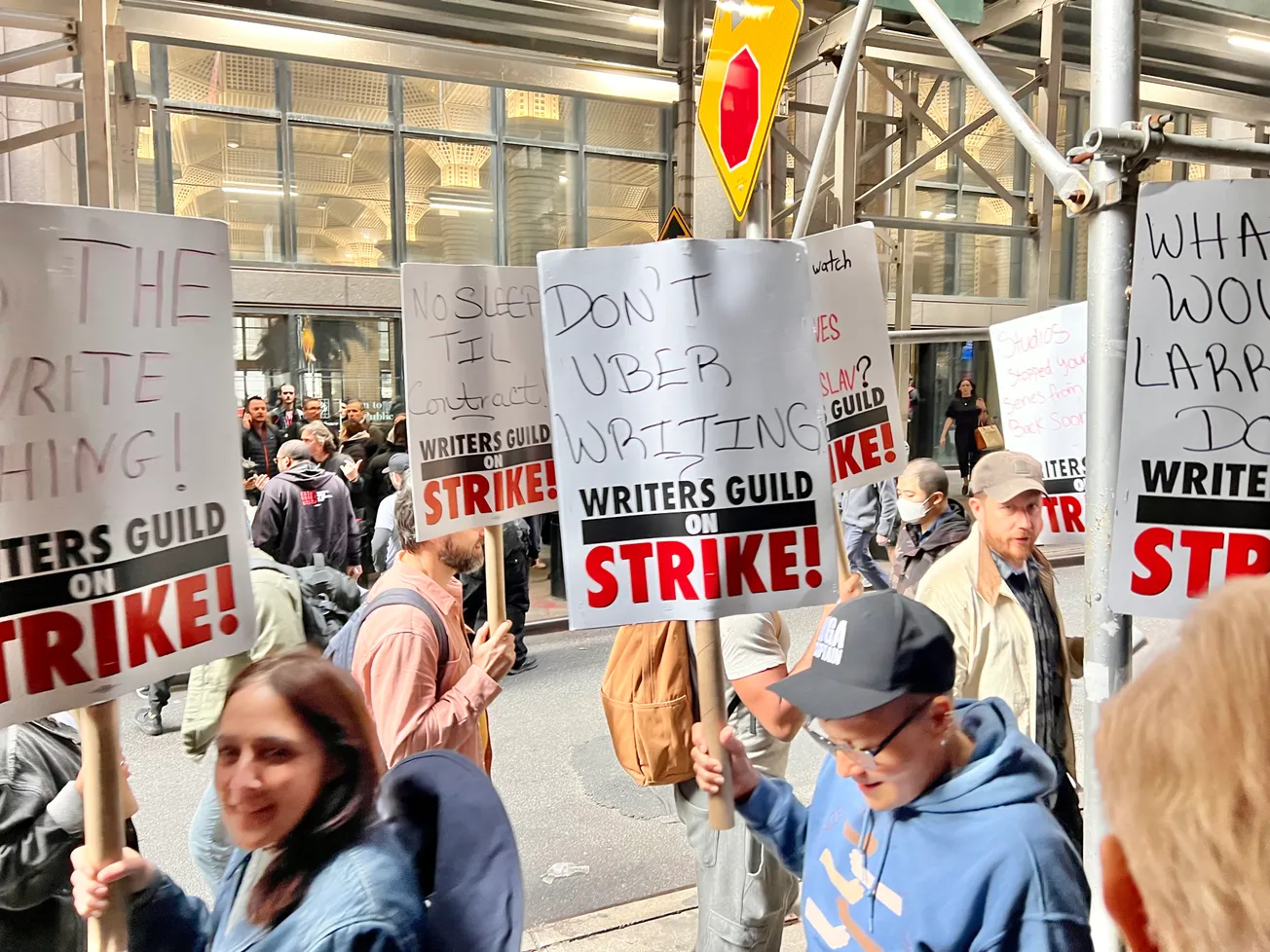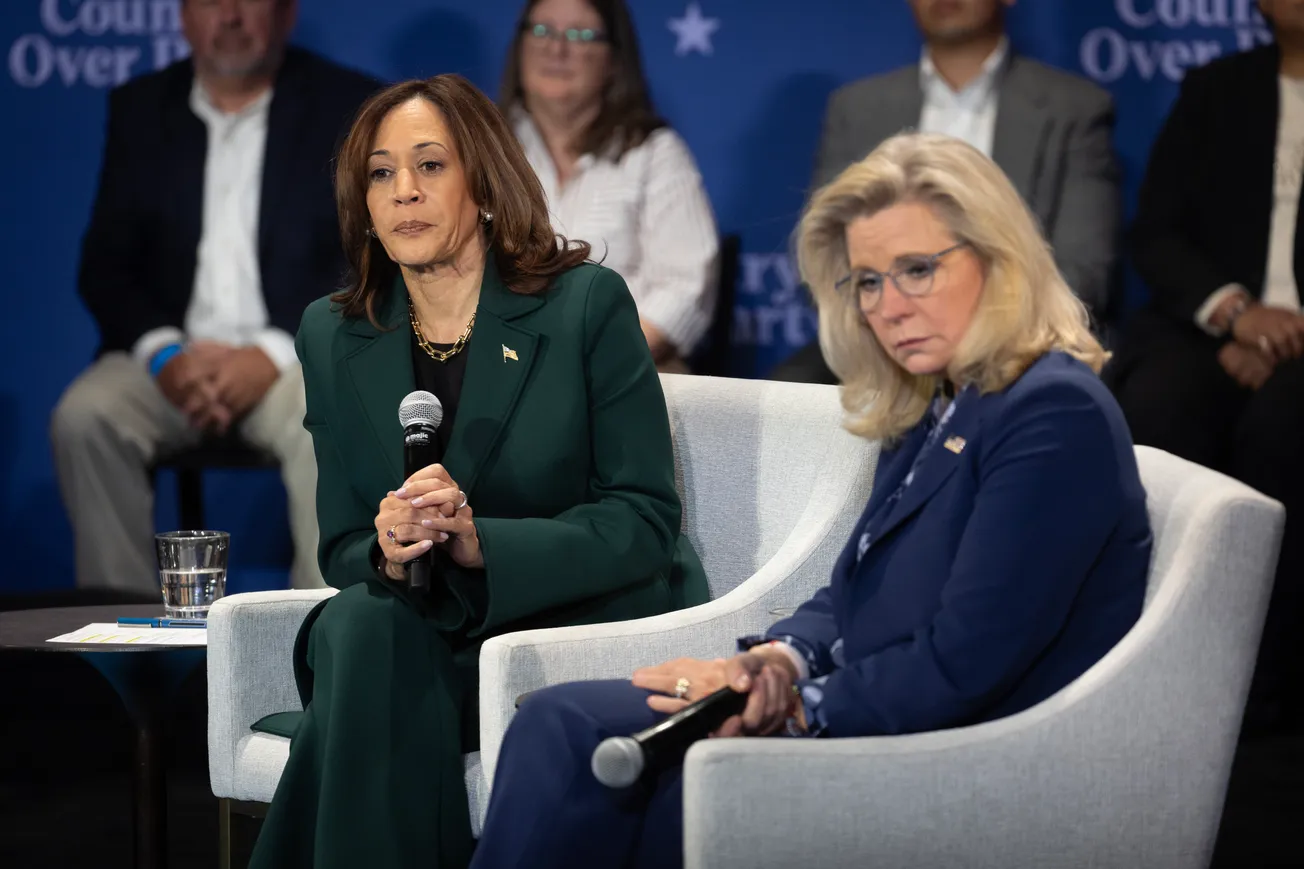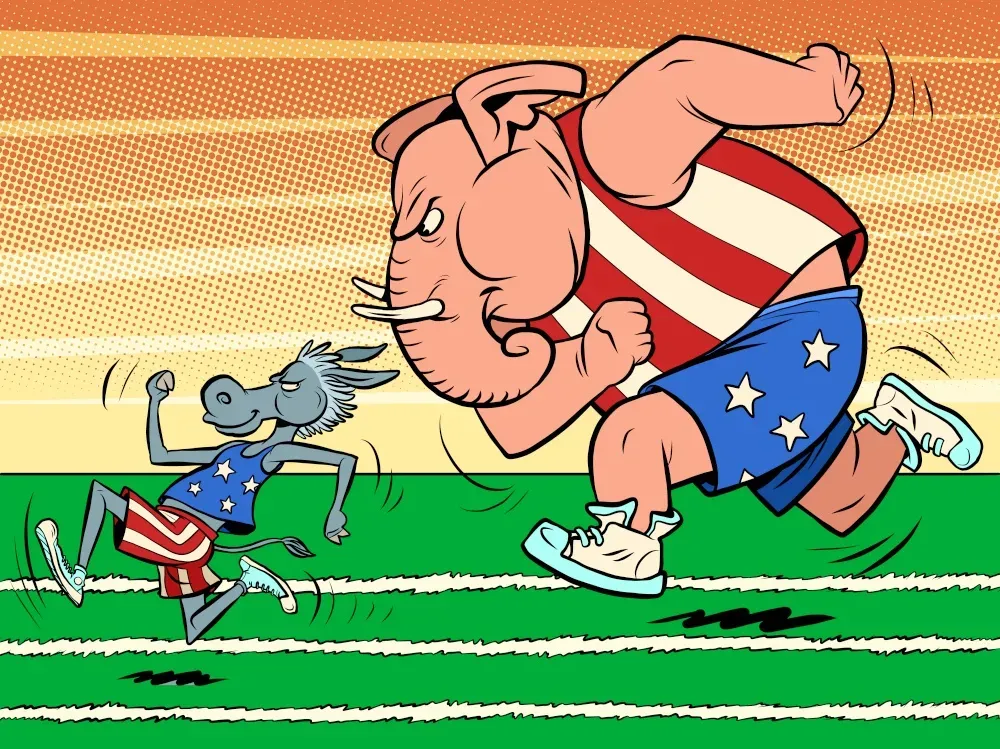By Frank Ricci for the Daily Caller News Foundation | August 12, 2023
America has an affordability crisis. Federal and State government shouldn’t worsen it by wading into the murky waters of private labor negotiations by incentivizing labor unrest and prolonging strikes — which will raise the price of everything from food to construction projects. That is what will happen under proposals to require unemployment payments and other benefits for striking workers.
These ideas are being tested in state legislatures and in the U.S. Senate. Connecticut recently blocked unemployment benefits for striking workers, however the AFL-CIO has made it clear that the bill will be sure to return next session.
Massachusetts is considering a similar proposal and would join New York and New Jersey, who have already enacted this poor public policy, if it is passed. At the federal level, U.S. Sen. John Fetterman is introducing, “The Food Secure Strikers Act,” that would allow workers on strike to collect SNAP benefits.
I have walked the picket line supporting Sikorsky workers and I’ve also stood in solidarity with Stop & Shop employees who wanted to be treated fairly. But I’ve done so knowing workers and business both had to balance the interests and costs of the labor action, which incentivizes both sides to get back to the bargaining table and find a mutually agreeable resolution. These new rules place government’s thumb on the scale and upend this important balance in our economy.
One Stop & Shop worker testified in 2022 that a previous bill with identical requirements was designed to increase employee “leverage” and admitted, “Had we had unemployment benefits to rely on during the 2019 strike, we might’ve been able to stay out longer.”
Furthermore, a company’s unemployment experience rating is included as a fiscal cost factored into bids for state, municipal and private construction costs. Unemployment for striking workers will harm company ratings and place upward pressure on the price of goods, as well as our taxes.
Rather than using its own funds to assist workers during a strike — a prime justification for its existence — the AFL-CIO is instead encouraging its members to contact their legislators to demand that they pass these bills so that taxpayers and businesses pick up the tab.
This legislation places no restriction on union strike funds, so striking workers may collect funds from the unions as well. The result? Workers could be paid more to go and stay on strike than they would have made working — this will incentivize labor unrest.
The union call to action states: “If employers understood that their unemployment insurance experience ratings could be impacted if a strike goes on longer than two weeks, they would be more likely to come to the table and bargain in good faith to avoid the strike in the first place.”
This is not the purpose of unemployment or SNAP. It’s intended to sustain individuals who lose their job through no fault of their own, not those who choose not to work.
This legislation demonstrates an even more pernicious phenomenon: A trend where union leaders circumvent the bargaining table altogether, and instead rely on political horse trading, far removed from any transparency or accountability, were politics trumps common sense policy.
The tradeoffs for favorable legislation are endorsements and free campaign workers – at the expense of consumers and the taxpayers.
What’s more, government is supposed to remain neutral in disputes between private sector management and labor. This legislation weaponizes the safety net and puts government’s might behind one of most influential special interests…yet again.
Let’s stop government from incentivizing labor unrest by mandating that businesses pay unemployment for the workers striking against them — driving up costs for all of us.
Frank Ricci is a Labor Fellow at Yankee Institute, past Union President for New Haven (CT) Fire Fighters, and a retired Battalion Chief. He was the lead plaintiff in the landmark Supreme Court case Ricci v. DeStefano and has testified before Congress. Frank is Author of the book Command Presence.
Original article link







